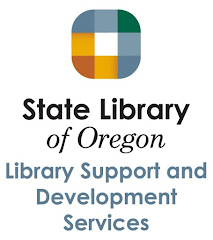 |
| Zotero: A Guide for Librarians, Researchers, and Educators (2nd edition), Jason Puckett. ACRL, 2017. 978-0-8389-8931-9. |
Publisher's Description
2011’s Zotero: a guide for librarians, researchers, and educators was the first book-length treatment of this powerful research tool, and this completely revised and updated second edition is still the perfect guidebook to this robust, open access research tool that allows the user to manage all aspects of bibliographic data.
Functioning as a thorough introduction to Zotero—from setting up to saving, organizing, and citing items, and ending with more advanced topics—as well as a guide to teaching Zotero, including case studies of researchers throughout the book, this is both a guide to the tool and a handbook for understanding how different groups use it. Zotero also looks at strategies for developing effective support structures and channels within an institution and building the right linkages between relevant players, in particular library support staff and IT.
This second edition includes many more full-color figures, screenshots, and illustrations, revised bibliographies, substantial changes to the chapter on online tools, and the addition of a completely new chapter on add-ons and mobile applications. Zotero is a comprehensive guide for researchers who just need a how-to to help them make bibliographies; instruction librarians and teachers using Zotero in conjunction with classes doing research assignments; and reference librarians and tech support staff who are helping users with Zotero questions and problems.
More Information
See the publisher's website for Table of Contents and author information.










